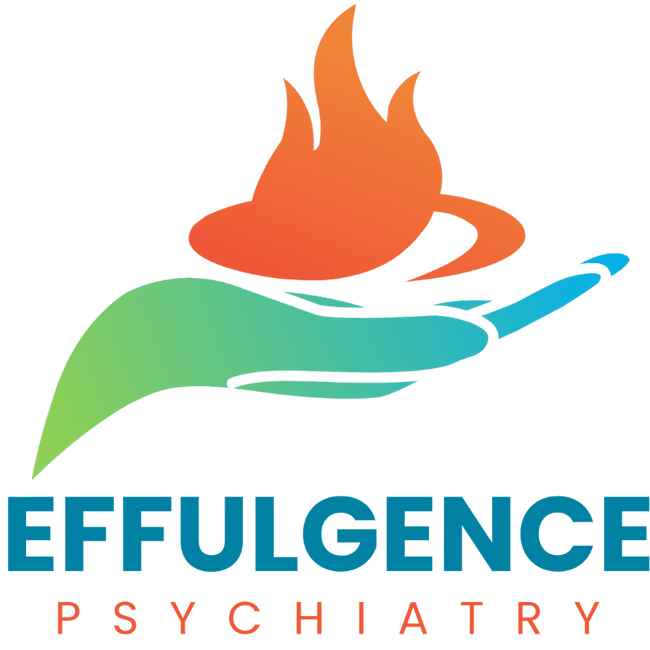Understanding Major Depressive Disorder (MDD): Symptoms, Treatment, and When to Seek Help

Posted in October 27, 2024
Major Depressive Disorder (MDD) is a common and serious medical condition that affects how a person feels, thinks, and manages daily activities. MDD often brings a persistent feeling of sadness, a lack of interest in activities once enjoyed, and various physical symptoms that can make even simple tasks feel overwhelming.
Recognizing the symptoms and knowing when to seek help are critical steps toward managing MDD effectively. This blog provides an overview of MDD, signs that it may be time to consult a doctor, and where to find a free treatment guide to help navigate the path to recovery.
What is Major Depressive Disorder?
MDD is more than just “feeling down.” Symptoms of Major Depressive Disorder
The symptoms of MDD vary among individuals but commonly include:
- “>hypersomnia).
- Physical Agitation or Sluggishness: Moving slowly, feeling restless, or having trouble sitting still.
- Fatigue: Feeling drained of energy, even after a full night’s sleep.
- Feelings of Worthlessness or Guilt: Constantly feeling inadequate, guilty, or having negative thoughts about oneself.
- Difficulty Concentrating: Struggling to think clearly, remember things, or make decisions.
- Thoughts of Death or Suicide: In severe cases, MDD may lead to thoughts about suicide.
Note: If you or someone you know is experiencing suicidal thoughts, please seek immediate help from a mental health professional or contact a crisis hotline.
When to See a Doctor
Not everyone with depression seeks help, and some may even dismiss symptoms as “normal.” However, if you notice any of the following, it may be time to consult a healthcare provider:
- Symptoms Persist for More Than Two Weeks: If feelings of sadness, emptiness, or other depressive symptoms last longer than two weeks, it’s essential to talk to a doctor.
- Impact on Daily Life: When symptoms interfere with work, relationships, or daily responsibilities, seeking professional advice can help.
- Suicidal Thoughts or Self-Harm: Immediate help is critical if you have thoughts of self-harm or suicide.
- Lack of Improvement with Self-Care: If you’ve tried self-help strategies (like exercise, diet changes, or relaxation techniques) but see no improvement, a healthcare provider can help find effective treatments.
Talking to a doctor early can lead to a faster diagnosis and a more personalized treatment plan. Treatment may include psychotherapy, medication, lifestyle changes, or a combination, all tailored to help you feel better.
Treatment Options for MDD
Managing MDD often involves a blend of treatments, which may include:
- Psychotherapy: Talking with a mental health professional can help you identify negative thought patterns and coping strategies.
- Medication: Antidepressants can adjust brain chemistry to relieve symptoms for many people.
- Lifestyle Changes: Regular exercise, a balanced diet, and good sleep habits can make a positive difference.
- Support Networks: Family, friends, or support groups offer emotional support and can be invaluable to recovery.
Ready to Start Your Journey to Wellness?
For more information on treatment options and self-help techniques, download our Free Treatment Guide for Major Depressive Disorder by clicking Download
Download Guide
This guide provides in-depth information on the latest treatment options, tips for building resilience, and resources to help you feel supported on your journey.
Reach Out Today
Partner with us to access compassionate psychiatric care tailored just for you.
Connect with our team today using the form to start your holistic healing journey.
